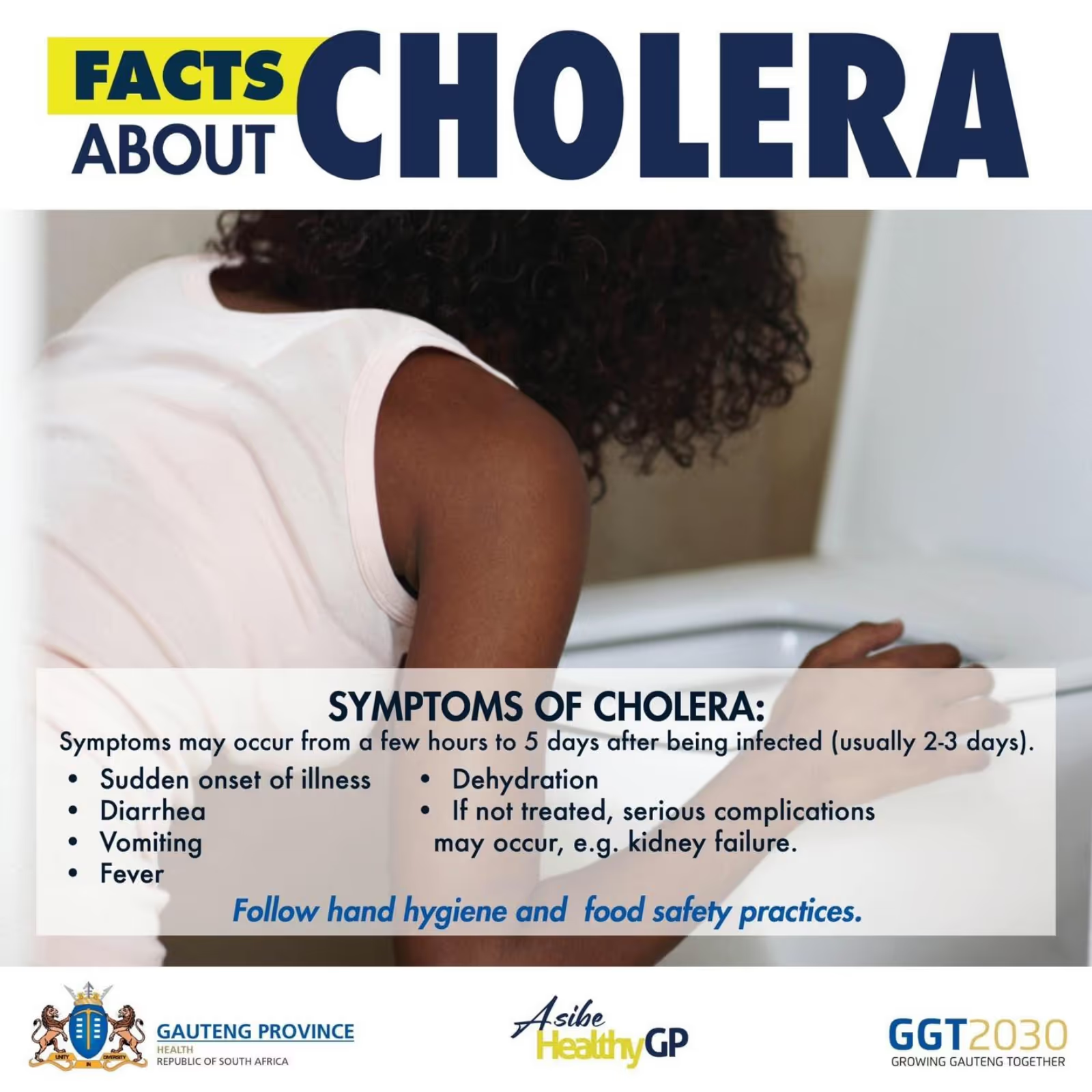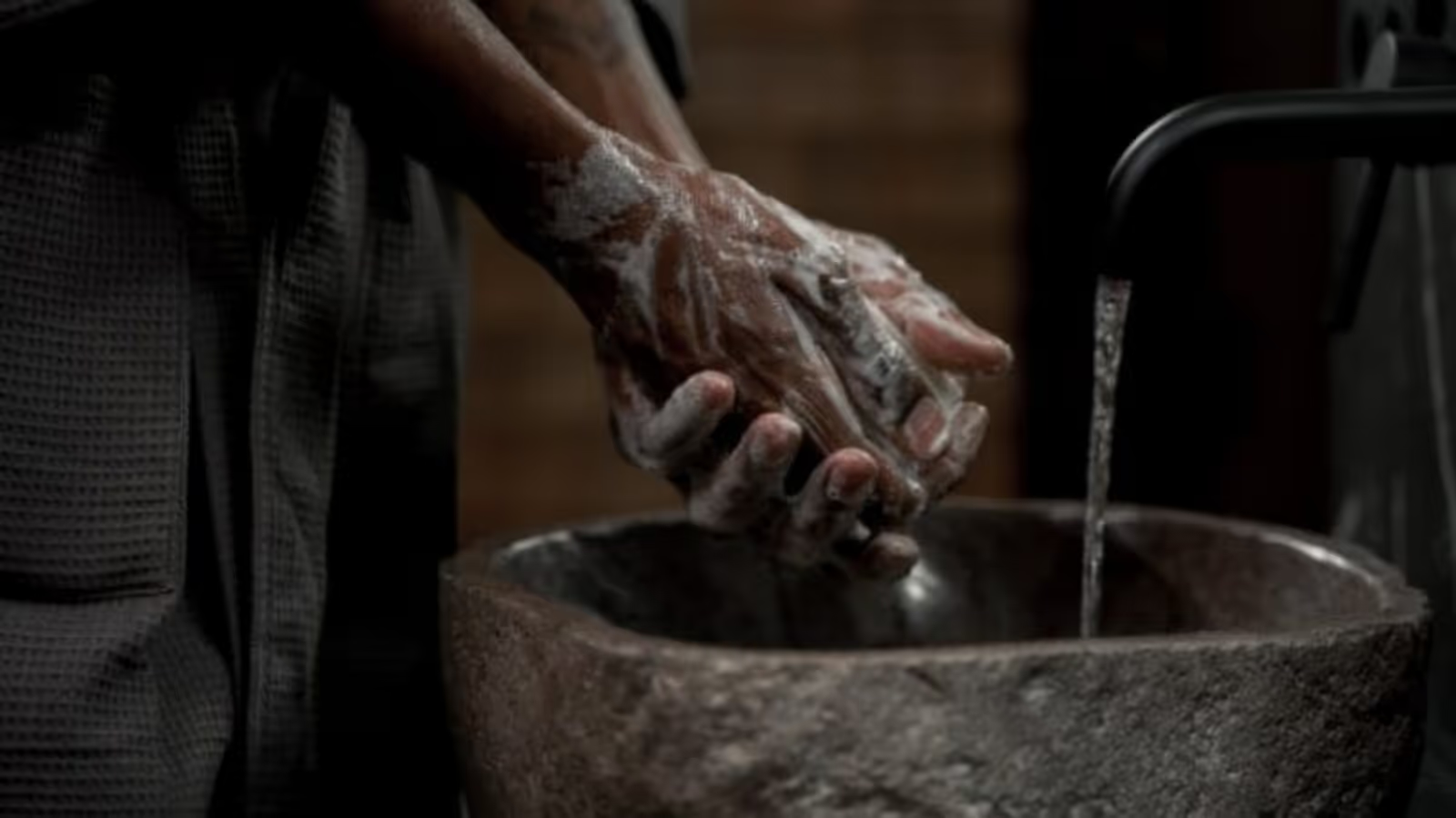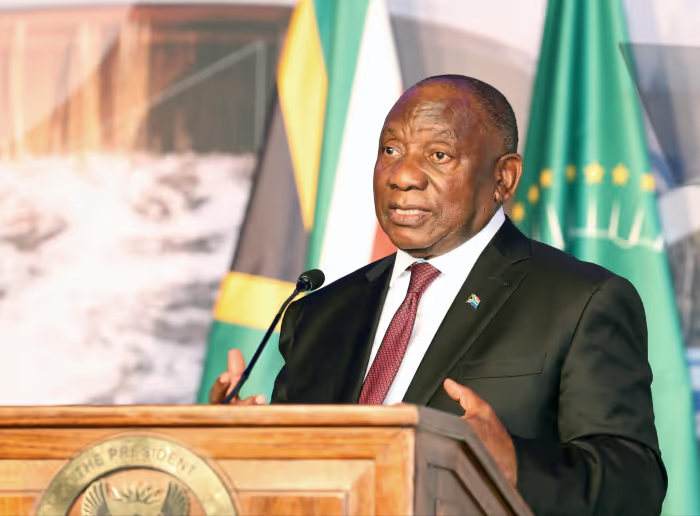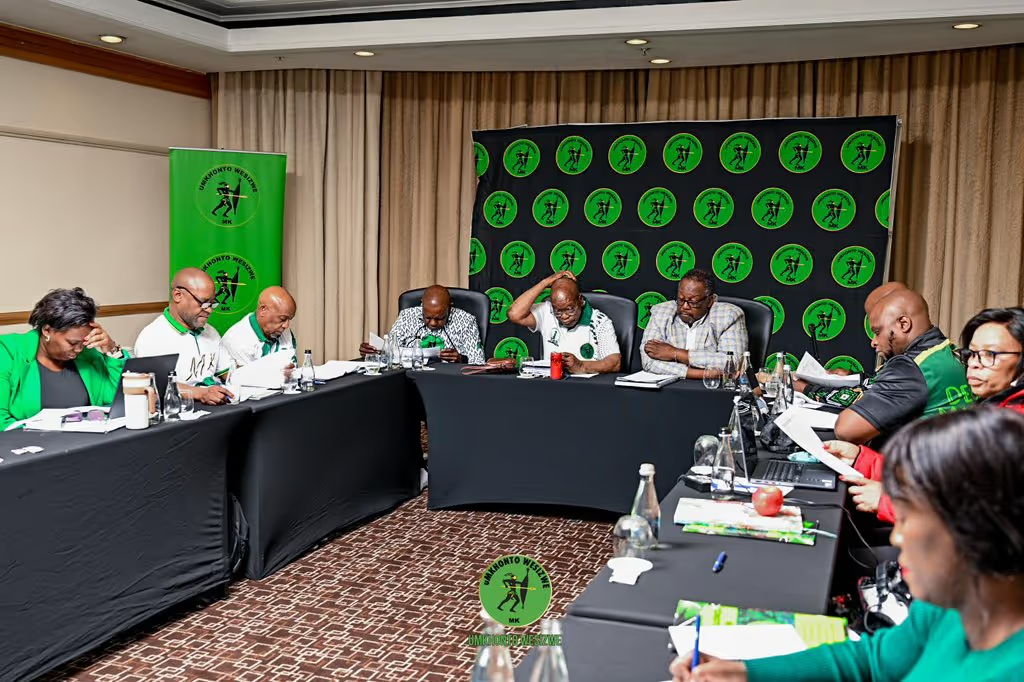The Gauteng MEC for Health Nomantu Nkomo Ralehoko has urged the public to practise good hygiene as cholera cases continue to increase in the province. Nkomo-Ralehoko further urged the public to not drink water from contaminated sources following the announcement of a cholera related death in the province by the Minister of Health last week Thursday.
OUTBREAK
The first two cases were reported at the end of January when two sisters travelling from Malawi contracted the illness. Gauteng has four cholera cases. The fifth case was of a young man from Benoni who died at the Tambo Memorial hospital after presenting a profuse watery, laboratory results confirmed his positive results. The first three people who tested positive for cholera have since fully recovered while the fourth person is recovering well at home. Nokomo-Ralehoko said the department's outbreak and surveillance teams have already traced a total of 12 cases of close contacts of the deceased of a 24-year-old male from Emandleni informal settlement in Wattville, Benoni.

VISIT HEALTH FACILITIES
A mobile clinic was dispatched to the informal settlement this week where individuals were screened in the area and two were referred to OR Tambo Memorial Hospital with signs and symptoms suggesting cholera. Health education continues to be conducted to the family members, neighbours and the community at large. "We can never over emphasise the importance of the public visiting the nearest health facilities when they present with mild and severe and watery diarrhoea and dehydration symptoms. Furthermore, the practice of proper hand hygiene which includes thorough washing of hands with water and soap before and after using the bathroom and also after handling of food is quite critical," Nkomo-Ralehoko said.
TAP WATER SAFE
The Gauteng department of health have dismissed reports that tap water in Gauteng was not safe for drinking. A video clip doing rounds on social media suggested that tap water was contaminated and may cause cholera. Spokesperson Motalatale Modiba said information in the clip comes from an unknown source and has no scientific evidence and that it did not come from the government. “We want to assure the public that tap water remain safe. We urges our communities people to continue practising proper hand hygiene and also not drink water from contaminated sources. “This would be people that drink water from unclean environmental sources such as rivers, streams, boreholes, dams and those that don’t have adequate sanitation. “We advise the public to be extra cautious, given that cholera is mainly transmitted through contaminated water but also when people handle food without following proper hand hygiene.”Modiba said.
?PREVENTATIVE MEASURES
-Use and drink safe water: Use water that has been properly boiled, chlorinated, or filtered to remove bacteria. If you are using bottled water, use water with unbroken seals.
-Wash your hands often with soap and safe water: Wash your hands before, during, and after preparing food. Before and after eating food or feeding your children. Wash your hands with soap water after every bathroom usage. You can also use sanitiser with at least 60% alcohol.







